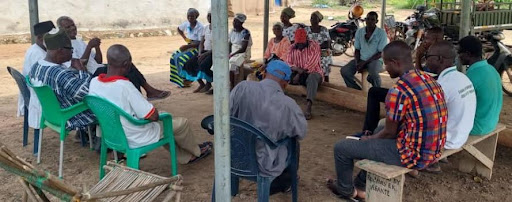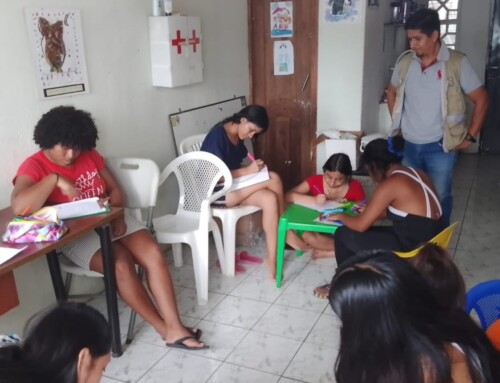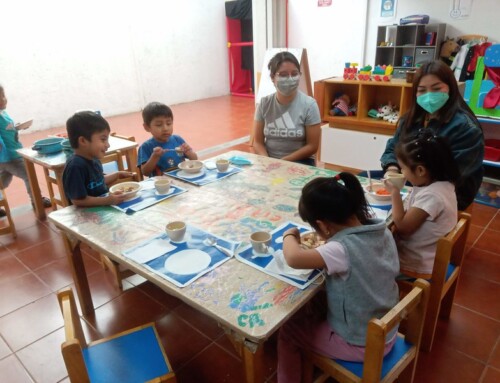As the number of COVID-19 cases began dropping in Ghana in January 2022, the Government, in consultation with the COVID-19 Management Team and the Ghana Health Service, relaxed restrictions. Unfortunately, in Northern Ghana many people chose to ignore their advice to continue to practise preventative measures and this led to health workers and other health professionals raising serious concerns. There was a call for a more cautious approach and the need to heighten public awareness about the continued existence of the virus and the importance of following the main COVID-19 protocols.
With support from the ICT COVID Relief Fund and the Rotary Club of Coventry, Youth Alive was able to collaborate with the Ghana Health Service and undertake public education to raise awareness in rural communities, through the medium of radio. At three local radio stations, the Ghana Health Service was provided with eight slots of one hour per week for over a month.
The Nabiina Community Radio (FM) broadcasts in the Upper East Region, Lawra FM in the Lawra Municipal area and the Gangaa FM station in the Jirapa Municipal area. Led by the Covid-19 Management team of the Ghana Health Service, these educational programmes were broadcast in the local languages and English. The public had 15 minutes out of the one hour for Q&A for further clarification or to make contributions. In addition, a jingle was written and sung in the local languages. It was played twice a day on the three radio stations to reinforce the message of the programmes.
Callers appreciated this initiative and the need to remind people of the various precautionary measures that needed to continue to be taken. Both male and female callers used this opportunity to ask the health professionals about the nature of the virus and the possible side effects of the vaccines, particularly for pregnant women. Callers also asked for the location of the vaccination points in their communities.
Small community group meetings and house to house visits were also carried out to facilitate and enhance public compliance with the preventative measures. These meetings took place in six communities and a total of 96 people, made up of 52 females and 44 males participated.
Many of those attending the meetings were members of the ‘Community Development Committee’ who had been tasked to spread the message about the radio programmes in their various communities. As a result of this specific project, many people accepted the need to continue to follow the COVID-19 protocols and to get vaccinated.






